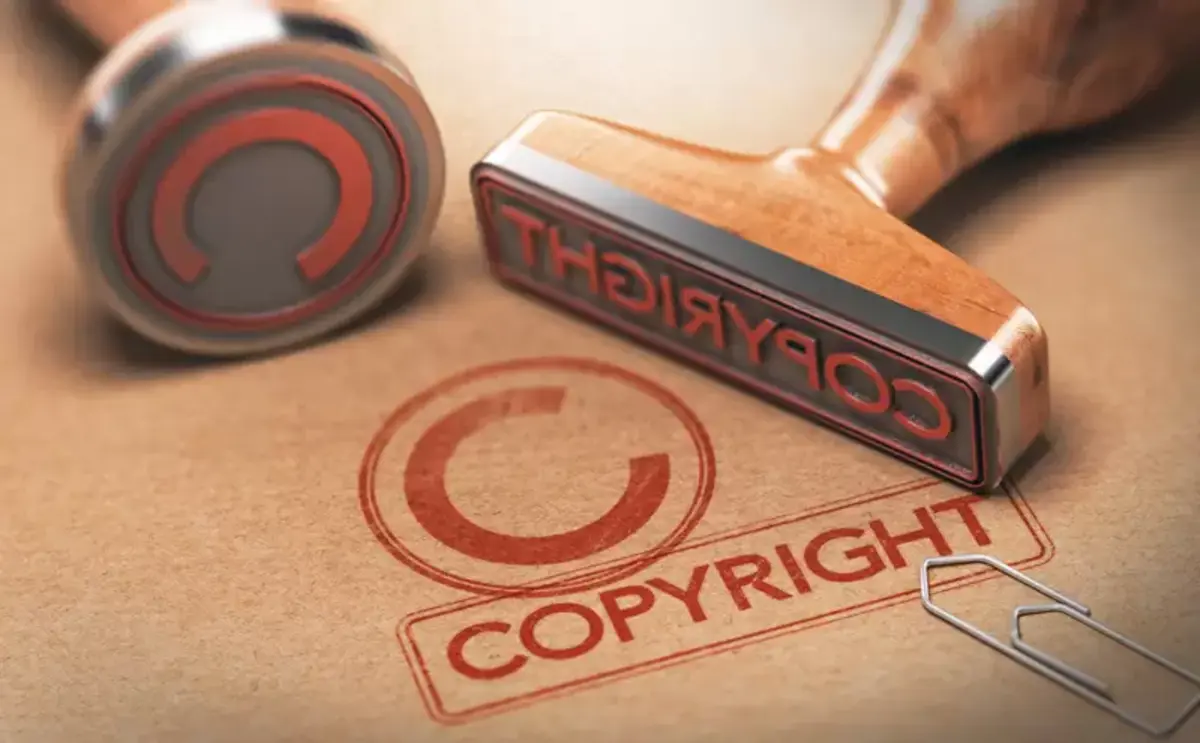Understanding the nuances of copyright law can be challenging, especially when it comes to seemingly minor details like capitalization. Copyright protects original works of authorship, but does the way you capitalize a title or name affect your rights? This article delves into whether capitalization plays a significant role in copyright protection.
Understanding Copyright Basics
Before exploring the impact of capitalization, it’s essential to grasp what copyright entails. Copyright is a legal framework that grants creators exclusive rights to use and distribute their original works. These works can include literature, music, art, and more. The primary purpose of copyright is to encourage creativity by ensuring that creators can benefit from their efforts.
The Role of Capitalization in Legal Documents
Capitalization in legal documents often signifies importance or specificity. For instance, capitalizing “Company” might refer to a specific entity defined earlier in a contract. However, in the context of copyright, capitalization does not alter the substance of the law. Whether you write “Copyright,” “copyright,” or “COPYRIGHT,” the legal meaning remains unchanged.
Case Law on Capitalization and Copyright
There have been cases where parties argued over the significance of capitalization in contracts and legal notices. However, courts generally focus on the intent and content rather than typographical choices. According to the U.S. Copyright Office, the critical factors are originality and fixation in a tangible medium, not how words are capitalized.
Copyright Notices: Does Capitalization Matter?
When placing a copyright notice on your work, the format typically includes the © symbol, the year of publication, and the owner’s name. For example: © 2023 John Doe. The copyright notice is standardized to ensure clarity and legal enforceability.
- Correct Format: © 2023 John Doe
- Alternate Format: COPYRIGHT 2023 JOHN DOE
Both formats are acceptable, but using the standard format is recommended for consistency. Capitalization in the notice does not affect its validity. What matters is that the notice is clear and contains all necessary information.
Trademarks vs. Copyright: A Capitalization Misconception
Some confusion arises when people mix up copyright and trademark laws. In trademarks, capitalization can be significant because it might affect the distinctiveness of a brand. For example, “iPhone” vs. “IPhone.” However, in copyright law, such distinctions are irrelevant. The protection focuses on the original work itself, not the stylistic choices in its presentation.
Practical Implications for Creators
For authors, artists, and other creators, worrying about capitalization in terms of copyright is unnecessary. The critical steps to protect your work include:
- Originality: Ensure your work is original and not copied from others.
- Fixation: Record your work in a tangible form, whether it’s written down, recorded, or saved digitally.
- Registration: While not required, registering your copyright can provide legal advantages in enforcement.
Transitioning from Concern to Creation
Therefore, instead of fixating on capitalization, creators should focus on producing original content and properly registering their copyrights. This proactive approach offers better protection and peace of mind.
International Perspectives on Capitalization and Copyright
In different countries, the approach to copyright notices and capitalization may vary slightly, but the overarching principles remain consistent. International agreements like the Berne Convention ensure that copyright protection is upheld across borders without stringent formalities.
Real-World Example: The Beatles’ Album Covers
Consider the album covers of famous bands like The Beatles. Their name is often stylized in various capitalizations and fonts. Despite these changes, their copyright over the music and artwork remains unaffected. The capitalization does not influence the legal rights attached to their original works.
Key Takeaways
- Capitalization Does Not Affect Copyright: The way you capitalize words in your work or copyright notice does not impact your legal rights.
- Focus on Originality and Fixation: These are the critical components for copyright protection.
- Standard Notices Are Recommended: While capitalization isn’t crucial, using the standard copyright notice format is advisable.
- Trademarks Are Different: Capitalization can matter in trademark law, but not in copyright.
- International Laws Are Consistent: Globally, copyright laws prioritize content over capitalization.
Frequently Asked Questions
Does changing the capitalization of a title protect it from copyright infringement?
No, altering the capitalization of a title does not avoid copyright infringement. The content’s originality and expression are what copyright protects.
Is it necessary to use the © symbol in a copyright notice?
While using the © symbol is standard, it’s not strictly necessary. Writing “Copyright” or “Copr.” also suffices. The key is to indicate clearly that the work is protected by copyright.
Can capitalization affect the enforceability of a copyright notice?
No, capitalization does not impact the enforceability of a copyright notice. As long as the notice is clear and contains all required information, it is legally effective.
Does capitalization matter in trademark law?
Yes, in trademark law, capitalization and stylization can be significant as they may affect a brand’s distinctiveness and recognition.
How can I ensure my work is protected internationally?
By default, works are protected internationally under agreements like the Berne Convention. No specific capitalization or notice is required, but proper copyright registration can strengthen legal standing.
In the realm of copyright, capitalization is a non-issue. Legal protections focus on the originality and fixation of works, not on how words are styled or capitalized. Creators should prioritize developing original content and understanding the essentials of copyright law to safeguard their creations effectively.
Read More: Are Cars with Eyes Copyrighted? A Comprehensive Guide
External References
- U.S. Copyright Office
- World Intellectual Property Organization – Berne Convention
- Stanford University Libraries – Copyright & Fair Use
By focusing on what truly matters in copyright law, creators can better protect their work and continue to contribute valuable content to society.

Jonathan Hartley is a highly regarded senior criminal lawyer with over 15 years of experience in the UK legal system. He began his career at a prestigious law firm in London, where he specialized in both defense and criminal law. Known for his ability to craft compelling defense strategies, Jonathan has successfully represented clients in high-profile cases and earned multiple awards for his contributions to the field of law.
In addition to his legal practice, Jonathan is also an accomplished legal writer, contributing articles to top legal blogs and online platforms. His work not only provides valuable insights into legal matters but also meets Google’s E-E-A-T standards by delivering accurate, reliable, and trustworthy information to readers. Committed to legal ethics and public welfare, Jonathan actively participates in discussions on law and justice while educating the public through his writing.










